"Substandard wife": the most common types of concubines in history
Categories: Culture | History | Nations | Society | World
By Pictolic https://pictolic.com/article/substandard-wife-the-most-common-types-of-concubines-in-history.htmlMany people think that to afford a harem with concubines could only Eastern sultans, however, it is not so... In the history of mankind in the world there are a variety of types such women from the Roman concubine, ending with the Chinese courtesans.
Who are they and what role was fulfilled in a man's life, read in our material.

First, let's learn how to treat concubines from the perspective of different religions.
Early in Orthodoxy concubines endured, because, as they say, "God is patient, and told us," but now the men have mistresses are negatively and equate it to a grave sin.
In Judaism, it never was prohibited so men are always publicly recognized by his concubines, and they, in turn, used the rights similar to official wives.
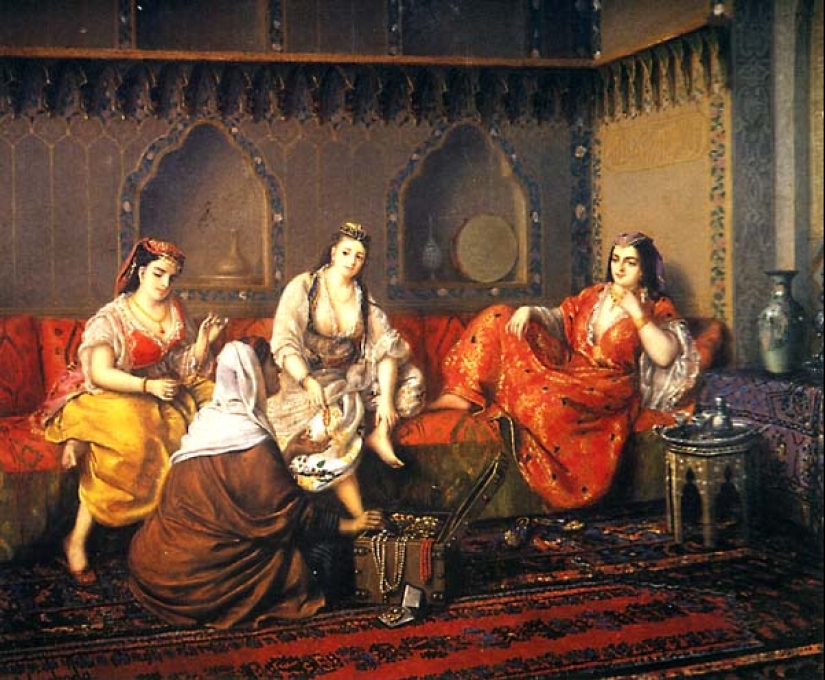
In Islam were the so-called Institute concubines. Men were allowed to take to the harem of wives of defeated enemies. These women are almost became their spouses, gave birth to their children. At the birth of the son the concubine was called "mother and child", and the official wife "mother and son".
Even in pre-Christian Russia was his concubine. In the history gives many examples of such women. It is known that Prince Vladimir was owned by his harem, which included, for a moment, more than 800 girls!
Now let's take a closer look at the types of concubines and features of each of them.
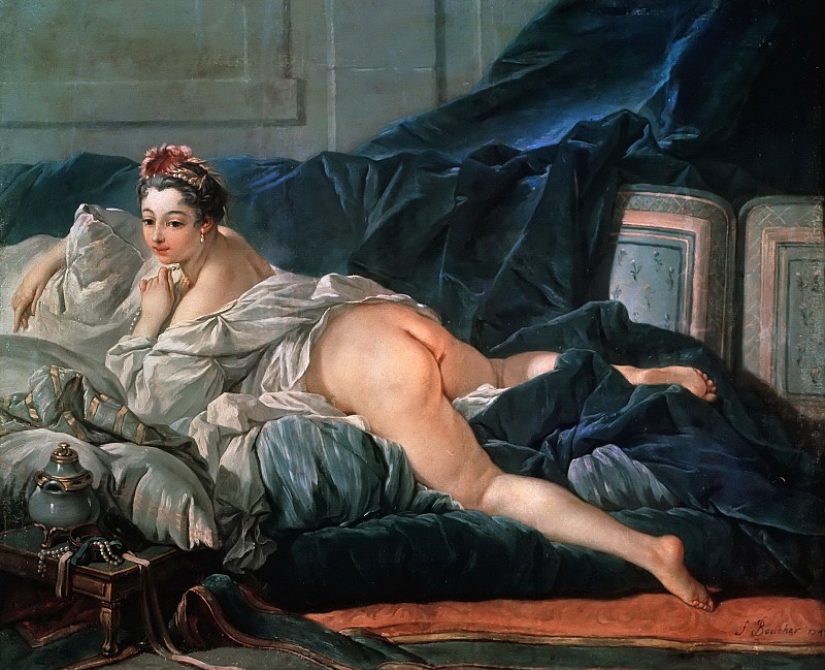
Western artists have always depicted odalisques as young, beautiful, well-groomed girls dressed in silk with Oriental ornaments. It was believed that they provided men sexual services. Though in fact the odalisques were maidens from noble women in the Palace.
Odalisque modestly dressed, quietly behaved and was almost unnoticeable. The stereotype is that these girls are bathed in luxury, every day eating Turkish delight and wore expensive jewelry, it was born thanks to the paintings by foreign artists. All these images they took from his head, lead many of them did not even have to visit the Ottoman Empire, and, especially, to be in the Sultan's harem.
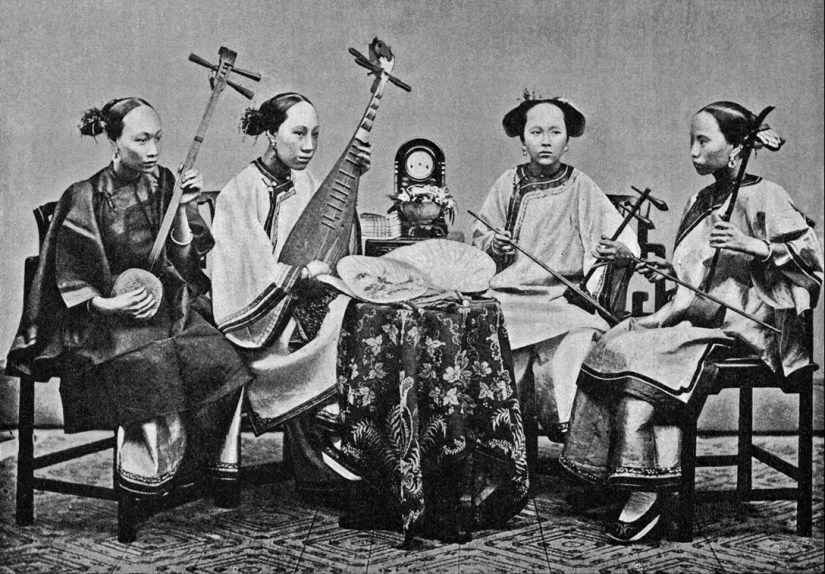
The term "chansung" (whale. 歌女) denotes a Chinese courtesan. These women existed in the early nineteenth century and had a strong influence on contemporary culture of Shanghai.
Chinese courtesans were doing all that and the Japanese geisha: the guests were entertained, sang, danced, performed tea ceremonies. Sexual satisfaction of men not part of their job, but this does not mean that they haven't done it.

However, the first concubine of the Chinese was not chansung and concubine's maids and concubines actress. The first was the need to complete work at home, at least — were used as sexual slaves. The latter was supposed to entertain her man, jokes, songs, dances and conversations.
To make any of these concubines, the man needed the consent of the lawful wife. Usually, she didn't mind, after all, still her position in the family was much higher. Girls you can give to friends and simple to give, if they are tired.
This was the main difference of Chinese concubines from chansung, because the latter were free girls alone with its own patron Saint who care about their well-being. They lived chansung separately, usually in the house, which was filmed for their patron Saint. Of course, existence, they also received from him.
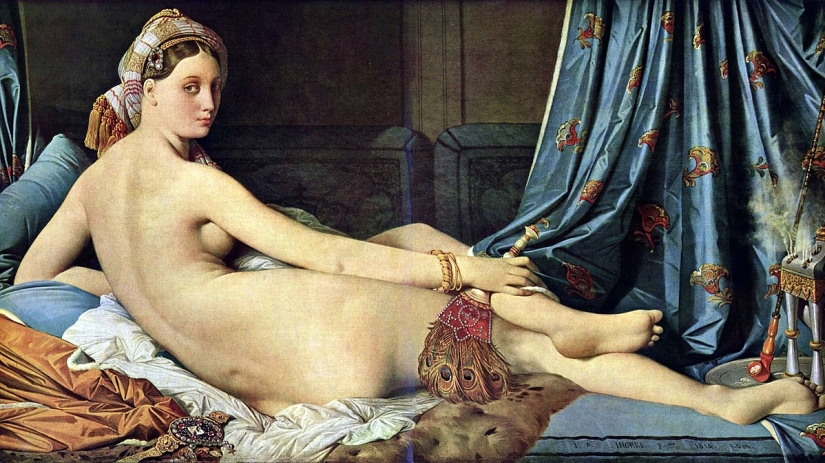
In Ancient Rome "concubine" called unmarried women who belonged to the lower class of society. These ladies are unofficially were in relationships with men. In Roman law, similar to our "civil marriage", the relationship was called "concubinato".
To live with a man without marriage was not shameful, but women were deprived of all the rights possessed by the official wife. Children born in such relationships, it was considered illegitimate. As a rule, they were not able to claim the inheritance of his father.
However, there were in the Union and certain advantages for women. For example, concubines at any moment could have gone for another man and it would not be considered something out of the ordinary.
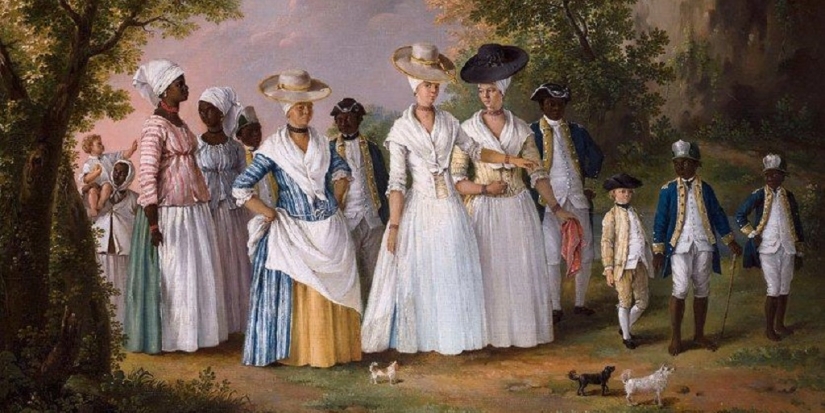
Plaza — sort of a kind of concubinatu, which originated in Latin America. In the local French colonial possession in settled mostly young men, so as to bring wives on Board were forbidden (bad luck). As a result, white men are more in contact with representatives of African, Amerindian, meisami, mulatto, the Creoles, and so on. Often they even start families in these parts, yet to see a legitimate wives, they have not been able to.
Alarmed by this confusion in the colonies, Spanish, French and Portuguese monarchs began to send not only guys, but also girls, but to resolve the situation did not help. As a result, between men and women formed a tacit system of cultural beliefs and norms, according to which men married to white women, but might contain one or more colored lovers and even have children by her.
Of course, the rights of these women and made them offspring were somewhat restrained. However, the caste of colored women only bloomed. For these girls was established special schools to meet them, men staged the whole balls, and the colonies were even separate quarters, where he lived with his concubines. But with the sale of the French possessions to the United States interest in placaju subsided, and over time, this kind of ceased to exist.
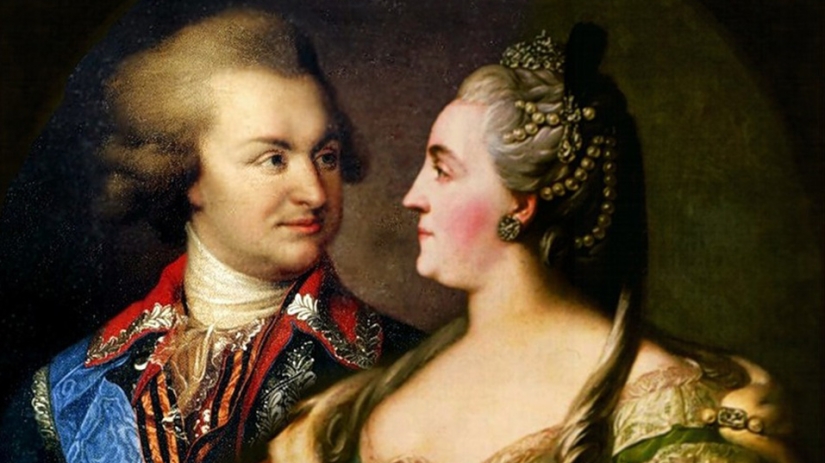
Favoritism is a social — cultural phenomenon, which existed mainly in the era of absolutism in the Imperial, the Imperial and Royal courts. Was it the rise of a specific person (or group of people) to which with particular sympathy the monarch. Often the favorites not only had personal benefits in connection with this affection, but received many, public authority, for example, conducted financial calculations, organized war, to decide whom to punish and whom to pardon.
Favoritism is not necessarily included an intimate relationship. Often it was based on personal affection of the king or his insolvency in the management of state Affairs.
In XVII—XVIII centuries favoritism so firmly in the life of society, what about the presence of the monarch's favourite began to officially announce to the whole yard. By the way, the status and rights of some favorites were often higher than those of legitimate husbands and wives.

The Jewish term "pilegesh" meant concubines, who had the same legal and social status as the official wife. The only difference between pilegesh and lawful wife, was the fact that the latter had received from her husband the marriage contract. In addition, the marriage was preceded by a ceremony "Kiddushin" (the betrothal), which was not the case with a concubine.
If the official wife could not have children, she gave her husband one of her servants, so she made for him offspring. In this case, the girl was pilegesh and received the same privileges as legal wife. Both forms of relationship, in accordance with Jewish law, suggested the death penalty for treason.
In the Torah "substandard" wives denoted with the prefix "Le". In Hebrew, it indicates a consistent approximation to the object or condition, but the impossibility of its full achievement.
Keywords: Culture | History | People | World | Men | Women | Society | Sex | Favorit | Sultan | Harem mistress
Post News ArticleRecent articles

It's high time to admit that this whole hipster idea has gone too far. The concept has become so popular that even restaurants have ...

There is a perception that people only use 10% of their brain potential. But the heroes of our review, apparently, found a way to ...
Related articles

In the fall of 1972, Bill Yates traveled through the countryside in the vicinity of Tampa, Florida. At that time, he was studying ...

These artists love cats, but also masterfully draw them, often complementing funny and life signatures. Meet! --> Russian ...

When a person is in a life-threatening situation is awful, but even worse when it happens to a child. 11-year-old American Terry ...

New Year's is a time to surprise and delight loved ones not only with gifts but also with a unique presentation of the holiday ...